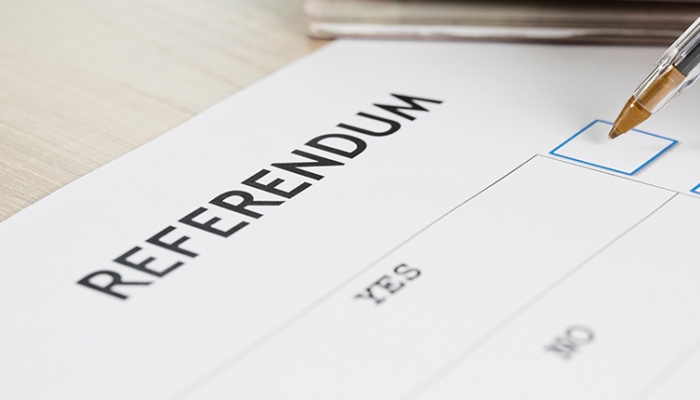The state of Unionist Politics in Scotland
Nicola Sturgeon has announced her intention to hold a second independence referendum once more – what does the current debate around Scottish Independence mean for the Unionist political parties in Scotland, and how will it impact the forthcoming Scottish local elections in May?
The Scottish Conservatives have taken a hit before their local election campaign after their leader Douglas Ross called for Boris Johnson to resign earlier this month, before Leader of the House of Commons Jacob Rees-Mogg hit back by calling him a ‘lightweight figure’ and saying the Prime Minister had the support of more ‘important’ MPs.
The Member of Parliament for Moray, who is also currently one of the regional MSPs for the Highlands and Islands, will likely want to focus on constitutional issues and appearing as the main opposition to Scottish Independence and the Scottish National Party. There may, however, be some concern that current issues facing the Conservative Party at a UK level could have a knock-on effect on turnout of their core vote in May.
The Scottish Conservatives have also been mixing in pro-union constitutional arguments with some domestic issues in recent weeks, criticising the SNP government’s record on maternity services in the Highlands and the long-standing drug crisis in Scotland.
Meanwhile, Scottish Labour have been trying to reach out to both those who voted No and Yes in the 2014 Scottish Independence referendum. UK Labour leader Keir Starmer recently accused the Prime Minister of endangering the union and laid out his vision for Scotland’s place within it at a speech in Glasgow, likely trying to bridge the current gap between unionist and nationalist voters in Scotland. In his speech, the MP for Holborn and St Pancras said that the Prime Minister is the ‘single biggest threat to the future of the UK’.
Scottish Labour leader Anas Sarwar has also been demanding that the First Minister puts the recovery from the COVID-19 pandemic first, rather than making plans for another independence referendum top of the agenda. He has also made calls for more to be done to tackle gender-based violence and misogyny in a visit to a gym.
The Scottish Liberal Democrats are seemingly undertaking a different strategy after falling from five MSPs to four in last year’s Scottish Parliament election. Not long after the result, former leader Willie Rennie announced his intention to resign as leader of the party leading to the uncontested election of new leader Alex Cole-Hamilton. The MSP for Edinburgh Western has already directed his focus on constitutional issues and scrutinising the SNP for pushing for a second independence referendum, possibly in a hope of picking up disaffected former Scottish Conservative voters. The new leader recently discussed issues relating to council budgets stating: ‘if Westminster had treated the SNP Government the way they treat our councils, they’d be marching in the streets’.
Overall, the strategy of all unionist parties appears to be to focus on constitutional issues while mixing in some attacks on the SNP’s domestic record in government, with perhaps Scottish Labour choosing to focus a bit more on domestic record and what they would like the Scottish Parliament to legislate for. It’s unclear how the Scottish local elections will play out, which take place under a unique transferable vote system which should, in theory, allow unionist voters to vote tactically against the more unified nationalist vote. At this moment in time, it isn’t completely obvious who will be the main beneficiary of possible transfers.








Leave a Comment